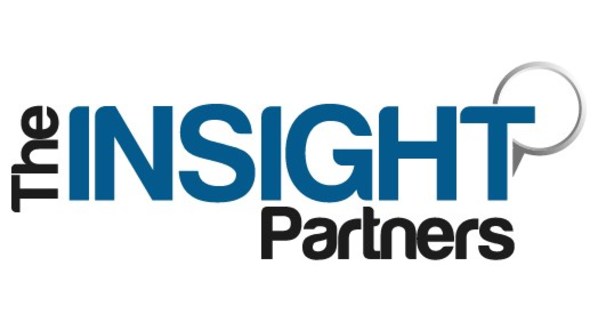The healthcare industry has evolved continually over the decades. In addition to the emergence of more advanced technologies and procedures, systems and the healthcare industry has dramatically changed as well to accommodate the current demographical landscape.
For instance, many professionals propose decentralization as a strategy for improving the performance of health systems. In the aftermath of the pandemic, organizations have become more aware of inefficiencies leading to inadequate patient care and high medical costs.
As a result, many facilities modified their business models and incorporated outsourcing solutions into their healthcare processes.
Apart from complementing the post-pandemic era, healthcare outsourcing has much to offer to medical institutions. Below, we’ll discuss these benefits and how outsourcing compares with having an in-house healthcare team. But first, here’s a brief overview of the process.
How does healthcare outsourcing work?
Healthcare outsourcing refers to the process of obtaining the services of third-party providers, generally for back-end functions. In this practice, non-clinical and non-emergency clinical tasks are delegated to the provider, allowing healthcare facilities to speed up processes, reduce costs, and improve overall operations.
Hospitals and medical centers are responsible for taking care of their patients. However, like other businesses, they also deal with various administrative and organizational duties. Balancing patient care and business operations is no easy task, so allocating some functions to an outsourcing agency can be beneficial.
Healthcare BPO firms typically offer services like medical coding and billing, data entry, claims processing, and records transcription. Besides business functions, other areas for healthcare outsourcing include client-facing, non-emergency services via telemedicine or telehealth.
Types of Services Hospitals Can Outsource
-
Telehealth nursing
Telenursing involves using technology to provide patients with non-emergency medical services through electronic devices. Since mobile gadgets are accessible to many, telenursing is quickly becoming a popular healthcare option.
Telenursing services include medical consultation, diagnosis, patient monitoring, and triaging through remote means like video technology and mobile apps. Telenursing promotes the safety of both medical professionals and patients by eliminating physical contact and preventing infectious diseases from spreading.
Moreover, it offers convenience, boosts healthcare delivery, removes the need for costly personal protective equipment, and restricts the use of medical facilities for severe cases.
-
Medical data management
Aside from treating patients, healthcare personnel must process and update massive amounts of medical data. Data management is a time-consuming task for hospitals dealing with huge volumes of records— test results and lab reports, prescriptions, medication inventory, and patient information.
By delegating this task to a third-party provider, healthcare professionals can focus on more crucial, client-facing services, such as providing patient care and making accurate medical diagnoses.
-
Medical billing and coding
In contrast to other businesses where coding and billing are relatively straightforward, these processes can be time-consuming and complex in healthcare facilities. Delays and inaccuracies in handling patient records and invoices can lead to major repercussions. Hence, outsourcing these functions is an ideal solution to eliminate any issues.
-
Processing of claims
Processing patient claims is also an essential aspect of healthcare. Patients must submit medical claims to their insurance carriers to secure their benefits.
However, with numerous claims to process every day, it’s critical to ensure the accuracy and validity of each one. It’s a good idea to outsource this task to a third-party service provider to manage patient claims better and make verification more thorough.
In summary, healthcare outsourcing is a valuable strategy that enables healthcare institutions to strike a balance between providing quality patient care and managing the administrative and organizational demands of their operations. As the healthcare industry continues to evolve, outsourcing will likely remain a key component of its transformation.




